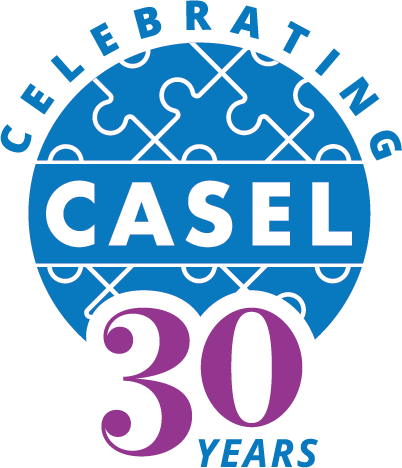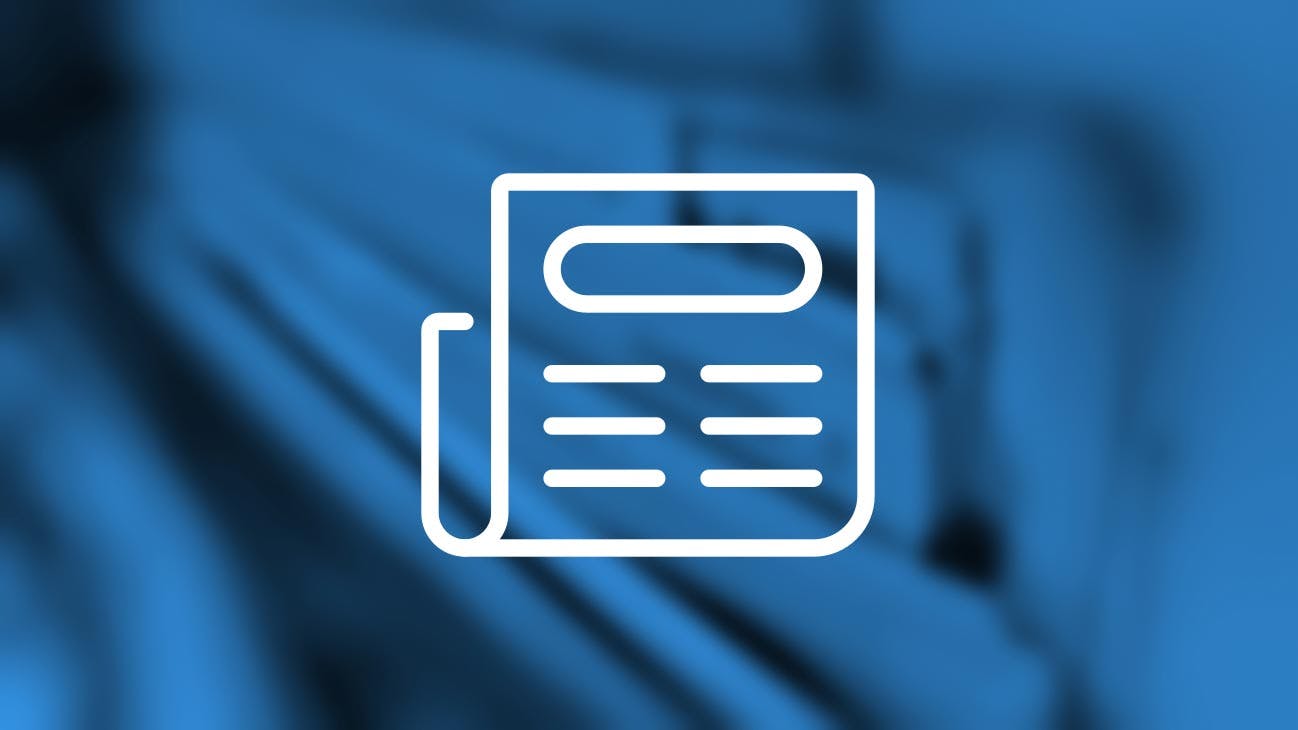Summary
In a culture of continuous improvement, all data, including what may have been perceived as a failure to achieve a goal, can be framed as an opportunity for learning and growth. This change in perspective can empower both staff and students to try new things and dramatically increase their opportunities for learning, improvement, and innovation.
School districts in Austin and El Paso, Texas; Nashville, Tennessee; and Washoe County, Nevada, are doing just that—helping each other and their peers in the Collaborating Districts Initiative use data to improve implementation of their SEL strategies. Working closely with SEL teams, district researchers are looking at fidelity of implementation, student and staff outcomes (including the impact of professional development), and the connections between the two. Common trends include increased cooperation between research/evaluation and SEL offices, greater attention to the process of implementation, and an ongoing evolution in the types of measurement tools districts are using.
To ensure that SEL is effective and sustainable, districts need robust systems of continuous improvement. This is a repeating process through which they use data to reflect on the success of implementation and progress toward outcomes, and adjust their plans in response.

